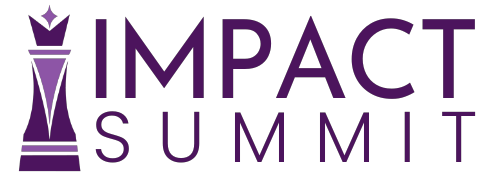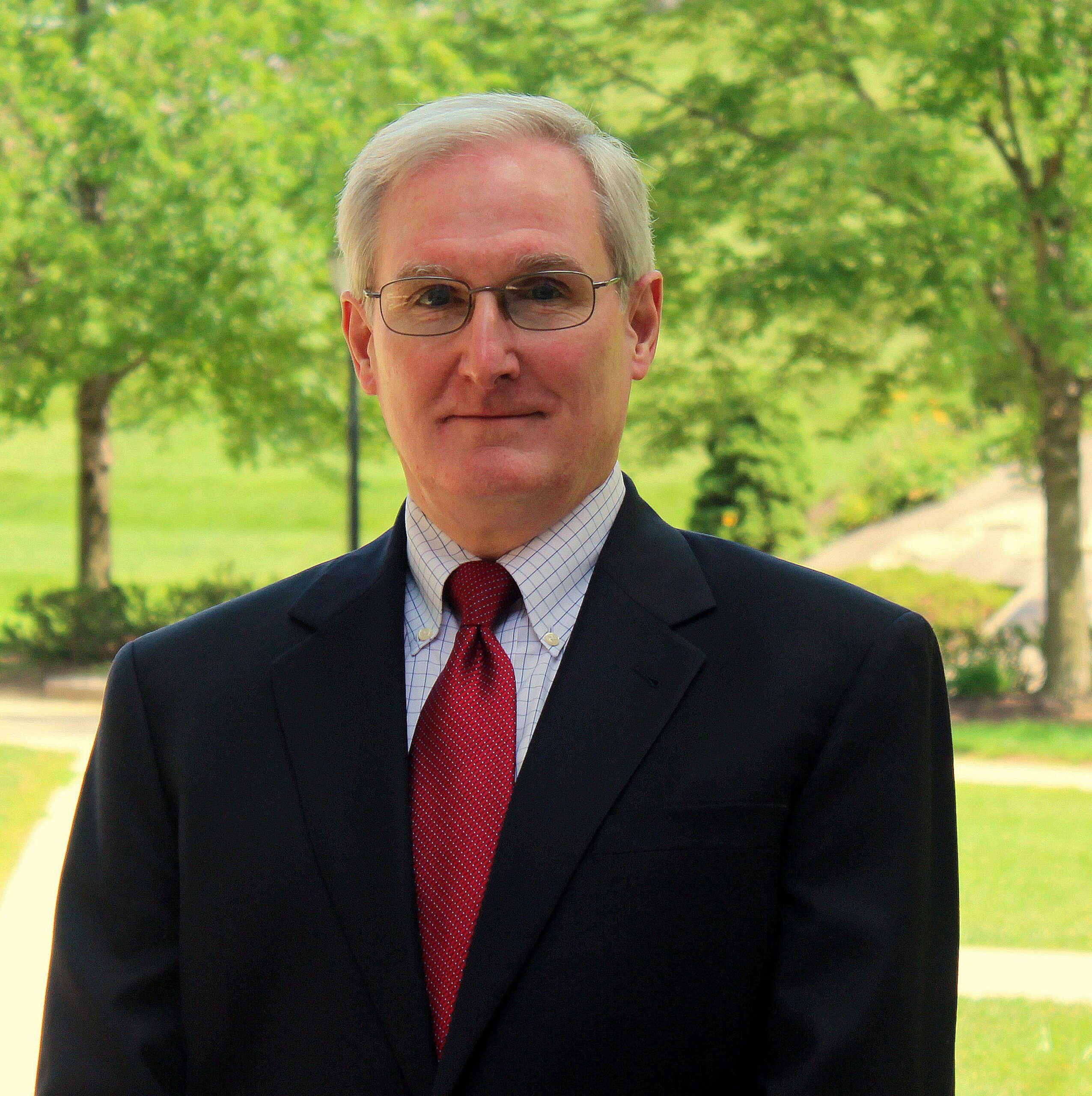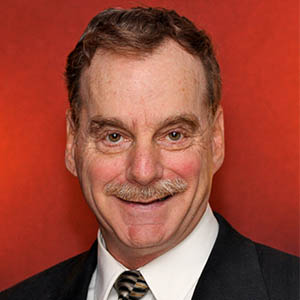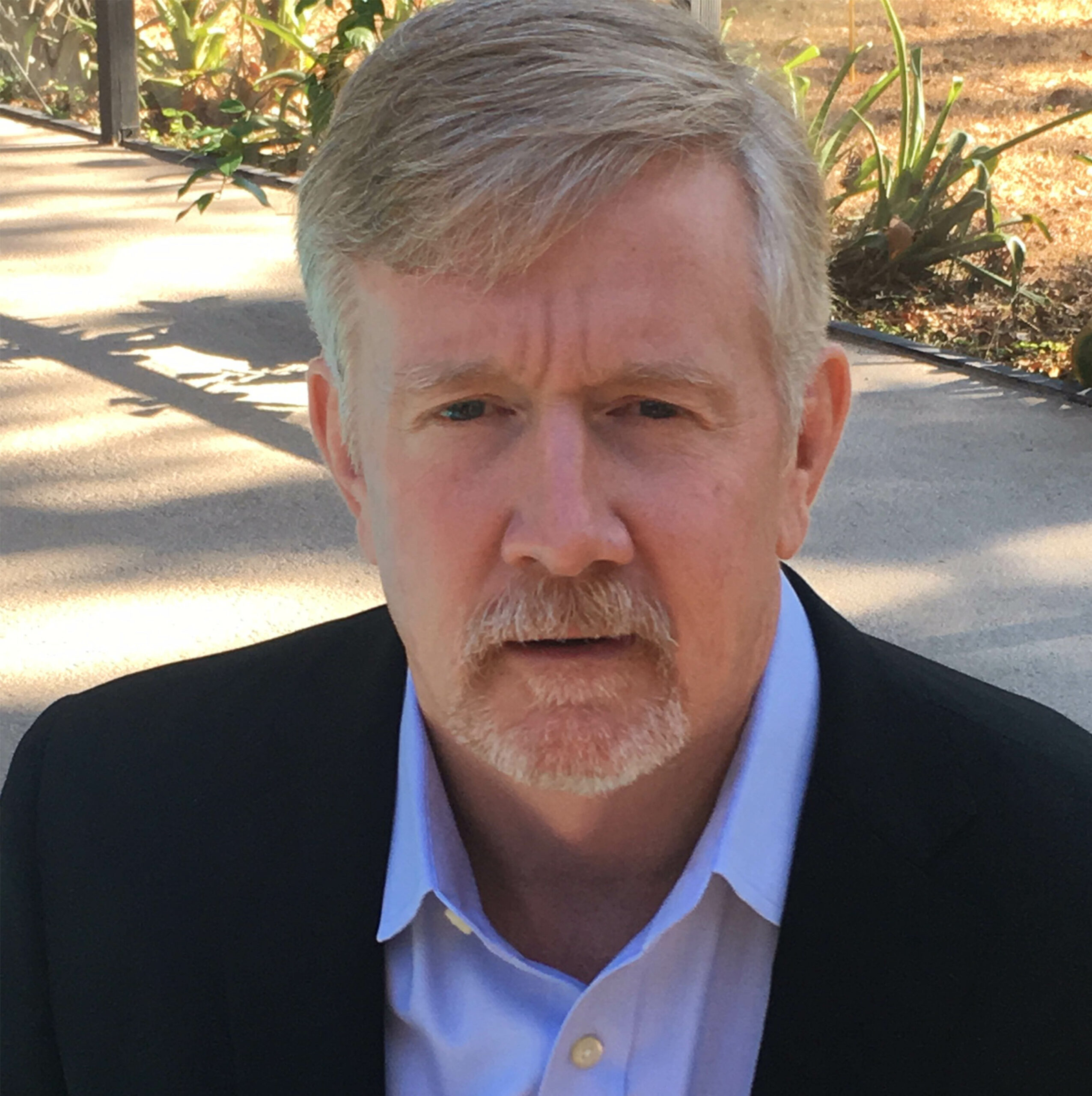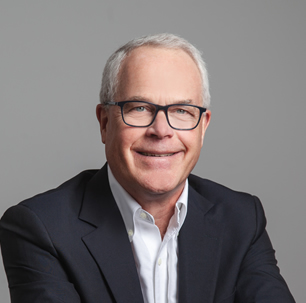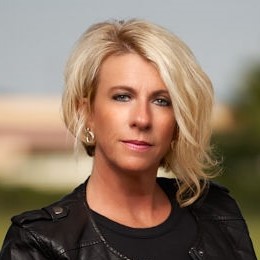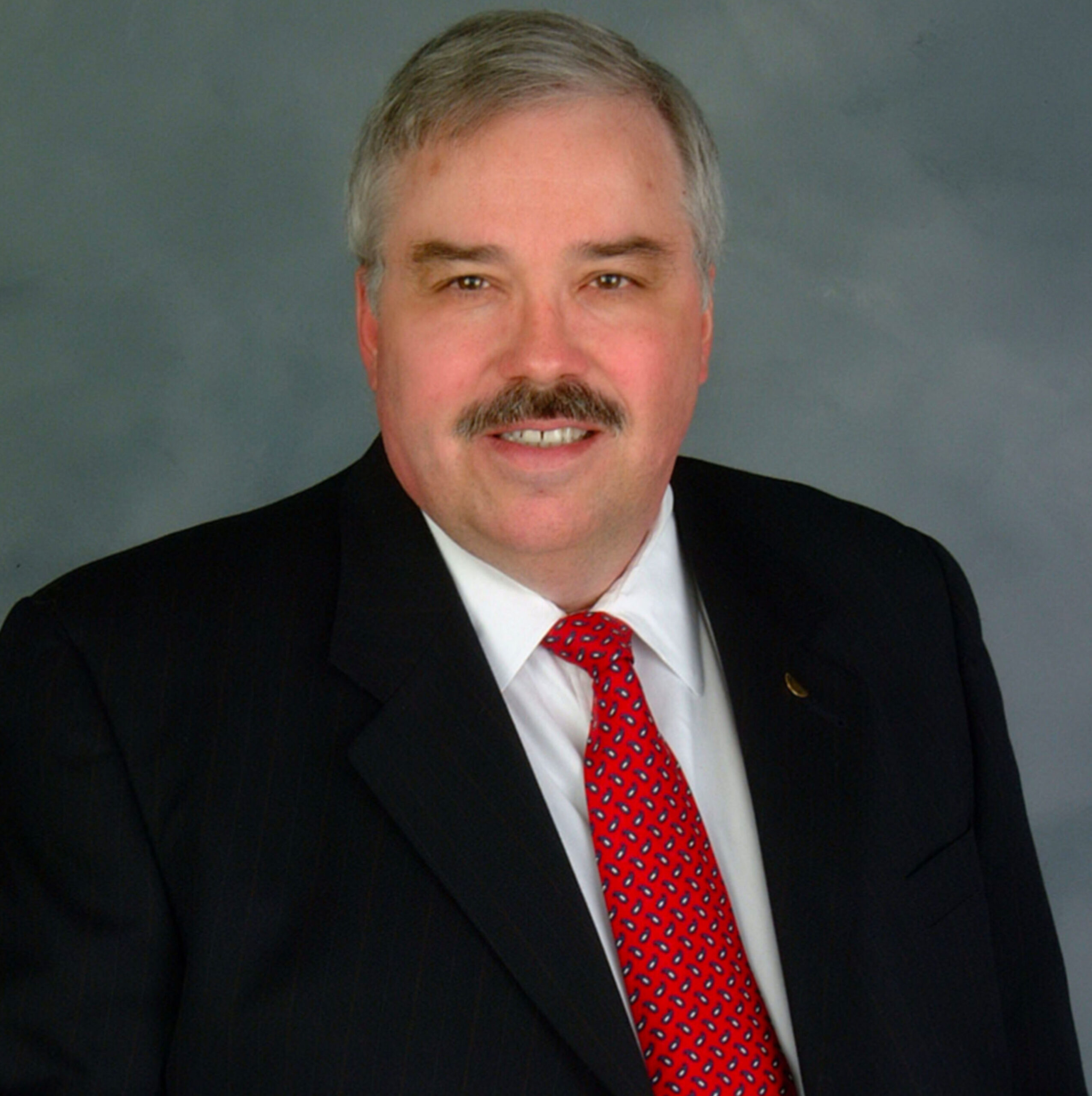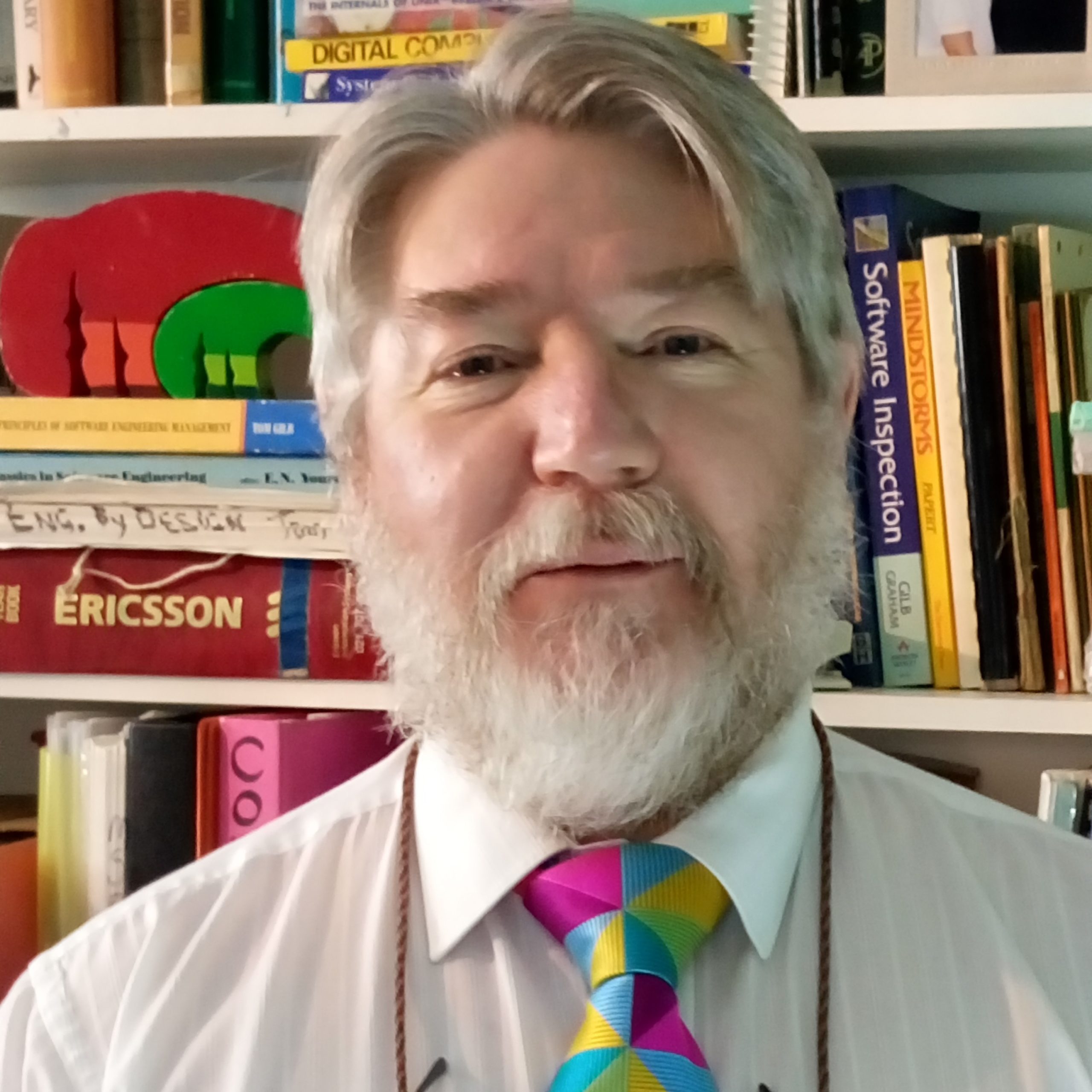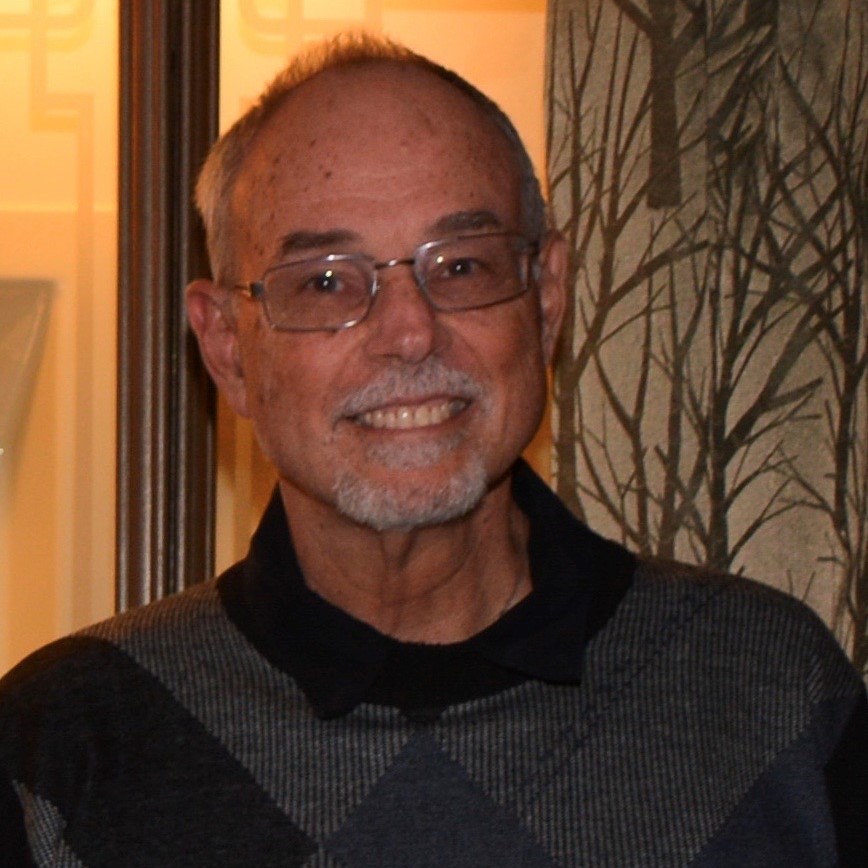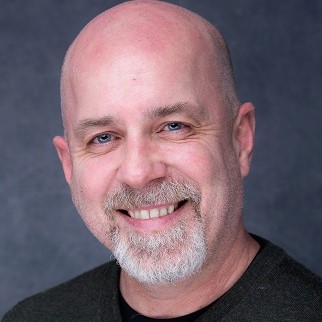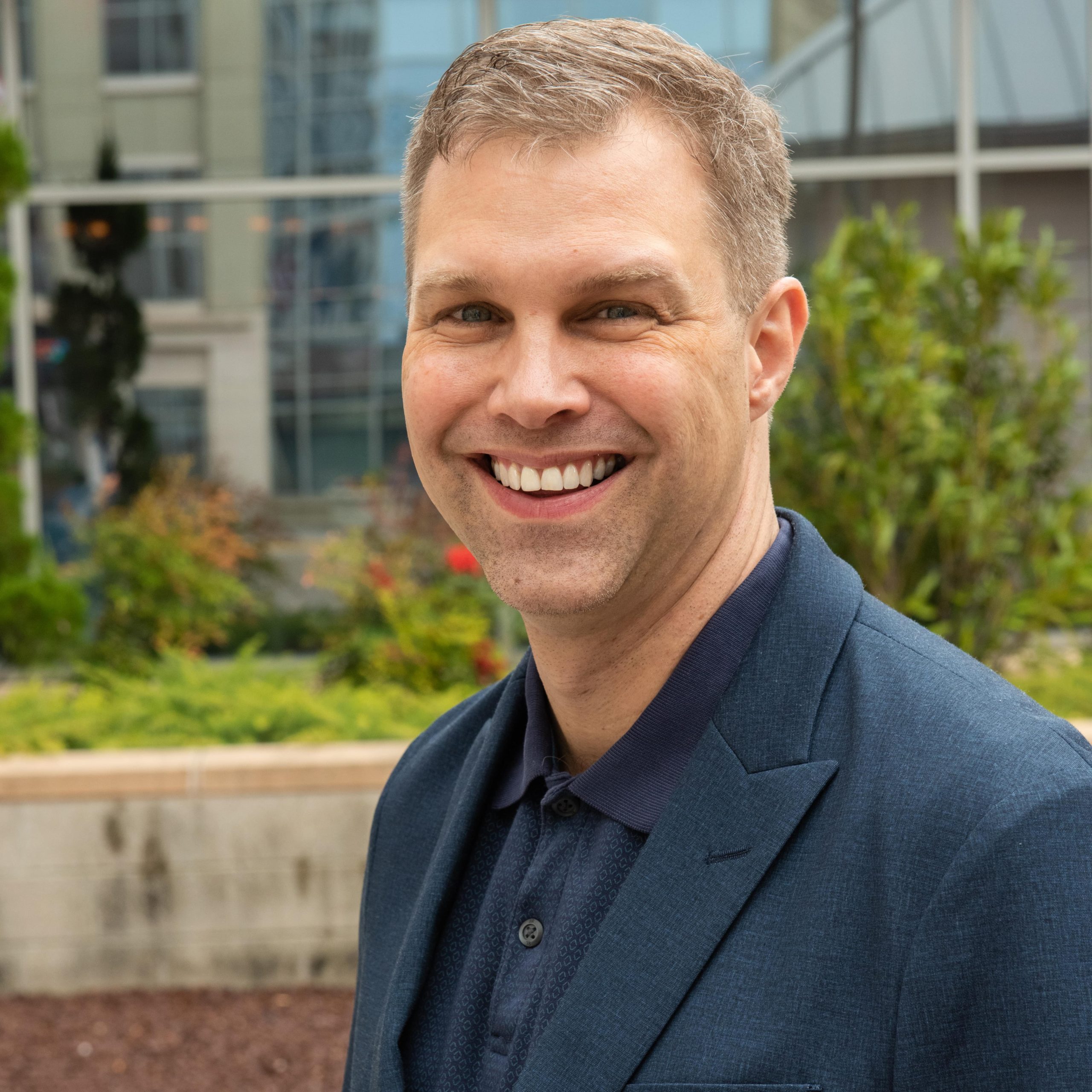
jo
- Strategy
- Future Readiness
- Leadership
- Professional Skills
- Case Studies
- Executive Perspective
- Organizational Change Management
- PPM
- Agile
- Resource and Stakeholder Management
Yesterday’s PMOs were process driven, governance focused and project based.That model doesn’t work any more – if it ever did. The modern, future ready PMO must be focused on enabling business results, it must have an enterprise wide perspective and it must be a business function, not a project function.Join Andy Jordan to learn how to create a PMO ready to succeed in today’s fast paced world, and continue delivering into the future.
How would you like to improve project success rates by 57%? Or reduce budget overruns by 45%? Or perhaps you’d like to reduce the number of late projects by 50%. This may sound like voodoo, but this is exactly what can happen when you really align your portfolio with strategic goals. In this talk, we’ll show you how and give you actionable hints and tips to help you on the journey.
John will share with us the key characteristics of Project Management 2.0 and explain why PM 2.0 has emerged in response to the deficiencies of traditional project management. The presentation will emphasize the project manager’s emerging role in strategic planning and project leadership and discuss how to achieve more meaningful information with KPIs, metrics, and dashboards. John will also share with us the current state of PM 2.0 adoption, provide recommendations on how to get started and explain how PM 2.0 can reduce project costs and ensure delivered business value.
Been there, done that! Lee has more than 50 years in project management, teaching more than 50,000 students in 23 countries. Recognized as one of the pioneers in the creation and implementation of a PMO, Lee is going to share his insights with us on what it takes to build and run a PMO that will get it done for the business, or has Lee likes to say, “Get er done!”
PMO Leaders often rely on standard solutions to “fix” Project Management challenges within their organization. Usually, those fixes serve only as a stop-gap solution and don’t address the root cause. To build sustainable improvement you are going to have to fix your plumbing!
According to a study of PMO characteristics conducted by Dr. Brian Hobbs for PMI, the average life expectancy of a PMO just barely exceeds the time to implement it. For a PMO to continue to exist in an organization it must demonstrate value to the organization that is well beyond the cost of its implementation and ongoing operational costs. Programs are not simply a group of related projects, they are temporary organizations that lead transformational change and focus on the delivery of a vision that realizes and sustains added value to the organization (sustained benefits much greater than costs).
This presentation will focus on how to establish a Lean COE within existing PMOs. It will cover how to instill Lean culture, run formal Kaizen events, and communicate hard and soft cost savings to senior leadership. In particular, the content will address how to do these things in a Services environment where it is sometimes difficult to capture the impact of a project manager on an initiative.
What is the difference between organizational project management maturity and project management office (PMO) maturity? How can a PMO evolve and how can we measure its evolution? Should a PMO necessarily evolve from an operational level to a strategic level? Several models have been published to measure the organizational project management maturity, however little has been said about specific models to measure the maturity of a PMO. Americo Pinto will present an original model developed especially to assess the maturity of PMOs, grounded on academic research and in the practical work of experienced PMO leaders.
Even world-class project managers will not succeed unless they get their executives to act for project success. The trap of applying best-practice project management only to have the project fail because of executive inaction or counteraction can be avoided. This is a how-to presentation. It describes how project managers can get their executives to act, and it identifies executive actions most likely to contribute to project success. Project managers are empowered to extend their influence beyond the immediate project boundaries into the organization, not only to get their executives to act, but also to help implement the actions.
Stephen is going to share his thoughts on unlocking the common traits of high performing organizations and leaders to increase personal and professional effectiveness and efficiency.
Disrespect happens – from our sponsors, our coworkers, our bosses. No matter how we reinforce expectations for workplace respect, every PMO encounters those who become workplace nightmares. If ignored or handled badly, bad behavior can devastate a PMO, project, team or organization like a wildfire. If handled early and effectively, relationships and workplace culture will be enriched. This makes disrespect management critical – it takes skill to effectively avoid arguments, clarify misunderstandings, deal with disputes, and repair relationships. Simply put – disrespect requires intervention and direct conversations. The presentation provides leaders with tools for approaching and resolving disrespect issues before they become full-blown conflicts. Critical to disrespect management, participants will develop strategies for changing the context of conflicts from negative to positive, from disrespectful to appropriate. Participants will learn how to turn a disagreement into an opportunity to provoke learning and enrich relationships.
As leaders of projects and teams, we regularly face choices and decisions that have downstream consequences. Do you want to help your PMO team members make better choices when it comes to decisions on their projects? Do you want to be able to make better decisions in your personal or professional life? Or are you simply curious about how and why people make certain choices? In this highly interactive session, Andy Kaufman, PMP shares why the familiar pros-and-cons approach seems to make sense—but is profoundly flawed.
Most people think of risk as a descent into the depressing aspects of a project environment. Nothing could be further from the truth. Risk has the potential to motivate team members and generate a sense of community. Join Carl as he takes you on a journey through a small town and great stories to help you leverage Risk Management to motivate your teams.
The world is experiencing a boom in the coaching industry. Gone are the days that the term ‘coach’ was only heard on the sports field! Whilst coaching has in fact existed in business over the years its often been limited to niche areas such as Executive Coaching, Sales Coaching and Career Coaching. In project management and more specifically PMO we don’t often associate our role with coaching which is such an untapped opportunity. In this presentation we will explore the coaching in its simplest form. By understanding what coaching is ( and isn’t) we can delve deeper to recognise and appreciate where as PMO leaders we can really have an impact on not only ourselves but our project teams.
Inspired by Stephen Covey’s inspirational book, Seven Habits of Highly Effective People®, we take a look at the role of the PMO Manager and share what makes a highly effective PMO Manager in the profession today. Touching on different aspects of a PMO Manager’s career, this session will give PMO practitioners at any level; inspiration, ideas and practical ways to forge ahead in their career.
This presentation takes inspiration from the career renaissance of Oscar-winning Hollywood actor Matthew McConaughey. The session outlines what PMO Leaders can take away from Matthew’s transformation and describes the key skills required to become and evolve as a successful PMO Leader.
The project management field out there is pretty crowded out there. Its no longer enough to be just really good at what you do. You have to be more. It’s no longer build it on time, on scope and budget. You have to add value over and above the normal requirements of project managers. So how do we add value? How do we stand out in the crowd? How do we get recognized in this very crowded field? Our speaker will get us thinking about what we can do to innovate our careers and get to the next level.
Effective business driven PMOs enable organisations to deliver LASTING change! PMO team members require a diverse skill set and mindset to facilitate these changes, and to THRIVE in the modern industry. This interview will help you MASTER the skills that business driven PMOs require. We will also discuss why PMOs offers fantastic career opportunities for WOMEN in the modern age.
Imagine for a moment what the world would be like if you change your mindset to view two important decisions of your life – a career you enjoy and finding a fulfilling romantic relationship – with a different perspective.
Welcome to Career Dating, a look at what career search and your love life have in common. Fall in love with your PMO career by finding ways to keep it fresh. Learn how awkward conversations, sweaty palms, and that nervous feeling in your stomach are just a few commonalities career search and your love life have in common.
Are you struggling to implement project or portfolio management practices in your organization? Do people seem to be avoiding things that aren’t much more than common sense … and perhaps it even feels as though they’re starting to avoid you, too? Are you starting to doubt whether the best practices you were trained on don’t really work? (Spoiler alert: the problem’s not the medicine. It’s the dosage and the treatment).
Are you working in a PMO? Are you in a position where things are not going well you need to shut it down? Is your program over and you need to shut down your PMO? Join Bill Dow as he walks you through the steps in successfully shutting down a PMO.
In this interview, Steve discusses key points regarding expectations and behaviors that are critical to a business-focused PMO regardless of company size. PMO leaders have a unique opportunity to influence and drive success for the company as a whole and Steve will walk us through some of the shifts that we must make to thrive.
An organization is a collection of forms of capital (Skills, time, plant & equipment etc). Capital would persist in the optimum state for short-term benefits delivery if there was no change. Change drives re-allocation of resources. This is the territory of the organization’s leadership. PMOs at the portfolio and enterprise level either support or trespass on the chair and CEO’s duties.
ALL projects are investments, even though they are rarely defined or managed as such. Money, resources and time are invested because the value expected from the deliverable will ultimately be greater than the cost. Yet that expected value (ROI, NPV, profit) which is the prime metric of ALL OTHER investments, is usually not even estimated on projects. This presentation explains how a PMO can both augment and measure the value of both its portfolio and itself.
ALL projects are investments, even though they are rarely defined or managed as such. Money, resources and time are invested because the value expected from the deliverable will ultimately be greater than the cost. This interview will cover the mindset shifts that PMO leaders must make in order to align with the business goals of the organization.
Many organizations have attempted implementing methodologies which often results in spending lots of money, time and effort with little return, while the original intent was to increase project success. They find out that the new methodology was unstable for particular projects, the organization or their level of project management maturity. The organization’s project management communities or PMO buy different tools and use different systems to support project delivery. The tool variety creates task duplication and complex supporting processes. In some cases, they use applications that are too enterprise-level or too basic for supporting project management practices. This session is designed to provide practical insight in how to plan, action and ensure your tools and methodologies are fit for purpose, using business analysis techniques and knowledge.
Research has shown that 75% of PMOs are NOT driven by business needs. As a result, these PMOs experience execution difficulties, lose support, and though the PMO may be given a second chance, the PMO manager usually is not. This presentation will provide an introduction to the Business Driven PMO, present examples that show the differences between Business Driven PMOs and Traditional PMOs, and give three steps, two tips, and one PMO golden rule that will ensure that success of your PMO and the success of your PMO manager.
As CEO of Computer Aid, Inc. and Founder of The IT Metrics & Productivity Institute (ITMPI), Tony has personally experienced the power of project management done right. His passion led to the creation of The Automated Project Office to help PMO leaders, PMs, stakeholders, and executives get the information they need to drive real-time decision making. This passion is clear as Tony shares his thoughts on the value that PMOs can drive in organizations from the CEO perspective in this interview.
According to research, the value of PMO is called into question time and again. So, what could the future hold in this fast-changing world? By being able to answer and demonstrate their understanding of the value question, PMOs can accomplish the seemingly impossible – to be accepted in an organisation as a value adding business partner. This workshop will provide critical considerations to develop a new or existing PMOs focusing on two critical elements; strategies and the people that deliver them.
Are you frustrated that no matter what you try, your change projects seem to either fail outright or produce gains that don’t last? The reality is that most changes do fail. As many as 70% of organizational change initiatives fall short of expectations. As a Project Management professional, your career progress hinges on your ability to lead successful and sustainable change. In this highly interactive presentation, you’ll get introduced to how to get beyond the buzzwords and leverage a proven formula for change. The CQ System for Developing Change Intelligence is based on decades of change leadership in the workplace, years of conducting global research on managing change, and study the psychology and neuroscience of change.
Productivity loss can be significant with poorly managed change. As unprepared employees struggle with the changed environment they experience disengagement which may result in high turnover, negativity, and frustration, as well as the use of shadow systems or manual workarounds. Preparing people to quickly adopt and use the change, whether it is technological, cultural or a programmatic can make the difference between success and failure. April will guide you through the framework, tips, and techniques to successfully lead change.
Selecting, implementing and adopting the right kind of PPM solution at the right time can drive a PMO forward; this session explores how PMOs can achieve maximum impact across their organization by enabling better visibility and access to insight and information. Join Nicole as she explores the techniques you need to know to manage a highly effective PPM practice.
Project portfolios are complex systems that follow a simple law of physics: you can only get as many projects through the system as your biggest constraint will allow. This presentation will describe the single technique that takes the most advantage of this concept, and will also discuss common obstacles to achieving dramatic performance improvement–and how to overcome them.
Now that agile methods are here to stay, executives are looking to PMO leaders for answers to fundamental questions: What is the agile movement all about? When does it fit for a given project, and when does it not? Even more puzzling, if agile methods encourage self-organizing teams, then how does that impact the role of a PMO, or even the role of the project manager itself? In this eye-opening session, we will sift out fact from fiction and walk away with actionable tips for evolving your PMO to support agile methods.
Exploring the Agile Mindset: In this high-energy conversation, Jesse and Laura explore the myths and misunderstandings on the divide between PMO thinking and agile thinking.
In 2013 Gartner reported that 68% of stakeholders saw their PMO’s as bureaucratic, is this the impact you want your PMO to have? If not, what is the vision and purpose of your team and what are your plans to get stakeholders to buy into it? This presentation explores the importance of stakeholder buy-in, how to understand the commitment you have now and how to increase it.
